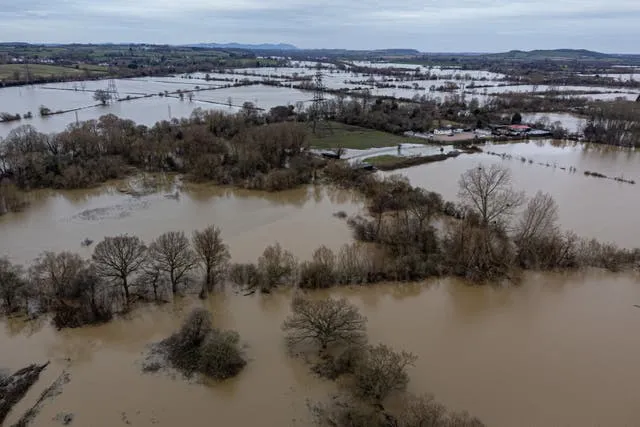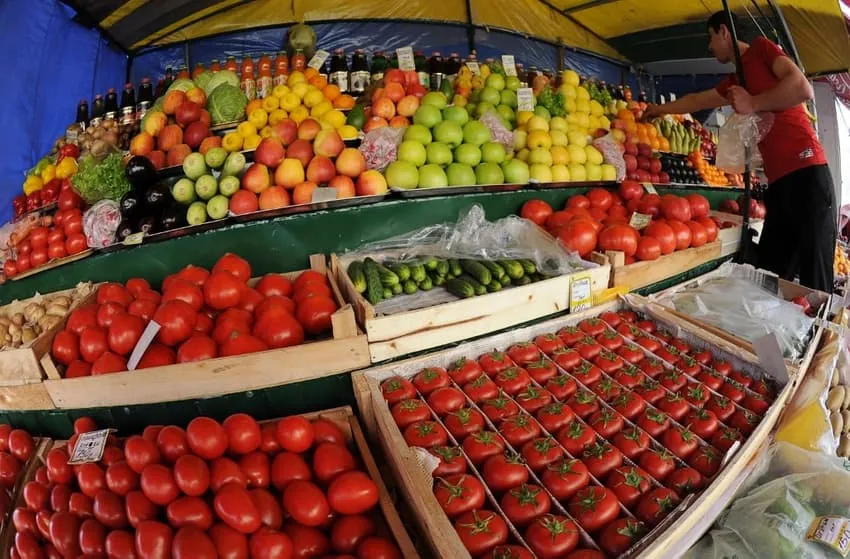The UK is facing a perfect storm of extreme weather caused by human-induced global warming, which is having a devastating impact on the global food supply system. From floods to droughts, the country is struggling to maintain a steady supply of essential commodities, leading to higher prices and reduced availability of certain products.
Wheat, a staple crop, is one of the most affected. Ongoing heavy rainfall in the UK and Europe has resulted in poor crop yields, with Germany experiencing record rain levels from November to February. French wheat, a key supplier to the UK, has also been impacted, with only 65% of soft wheat rated as being in good or excellent condition as of April 1, a significant drop from the 93% last season. The Agriculture and Horticulture Development Board (AHDB) forecasts that the UK will require historically high levels of imported wheat in 2024/25 due to the persistent wet weather.
Vegetable farmers are also struggling to cope with the wet conditions, with many having delayed or abandoned planting altogether. The wet weather has resulted in fallow fields and a shift to alternative crops, leading to concerns about the autumn crop yields and the overall impact on the arable and horticulture sectors.
Imports may provide some relief, but countries that supply the UK with food are facing their own challenges. Morocco, for instance, is experiencing a severe drought, which has affected the production of tomatoes, raspberries, and Brussels sprouts. The National Farmers’ Union in England has warned that the wet weather has also impacted potato crops, with planting delayed or abandoned due to the soggy conditions. Potato prices have risen by 60% year on year, with retailers passing on only half of the increased cost to consumers.

Dairy farmers are also feeling the pinch, as sodden fields meant cows have not been turned out to pasture, resulting in reduced milk production. Milk output is already at a seven-year low, and losses are expected to continue, with some concerns about the quality of grass and silage for the coming season.
The livestock sector is also struggling, with a poor year expected for lamb production due to the rain and unseasonably low temperatures. The National Farmers’ Union reports a “bleak attrition rate” for lambs born this spring, with some farms already reporting losses.
Price increases are already being felt, with consumers expected to pay more for certain products. Olive oil imports have been impacted by wildfires and soaring temperatures in southern Europe, leading to a shortage and increased prices. Cocoa prices have also risen due to three years of poor harvests caused by flooded crops in Africa, with a fourth year of reduced production expected this year.
The UK is facing a stressful time for its food supply system, with extreme weather events causing widespread disruptions to farming and production. As the country continues to grapple with the consequences of human-induced global warming, consumers can expect to see higher prices and reduced availability of certain products.

